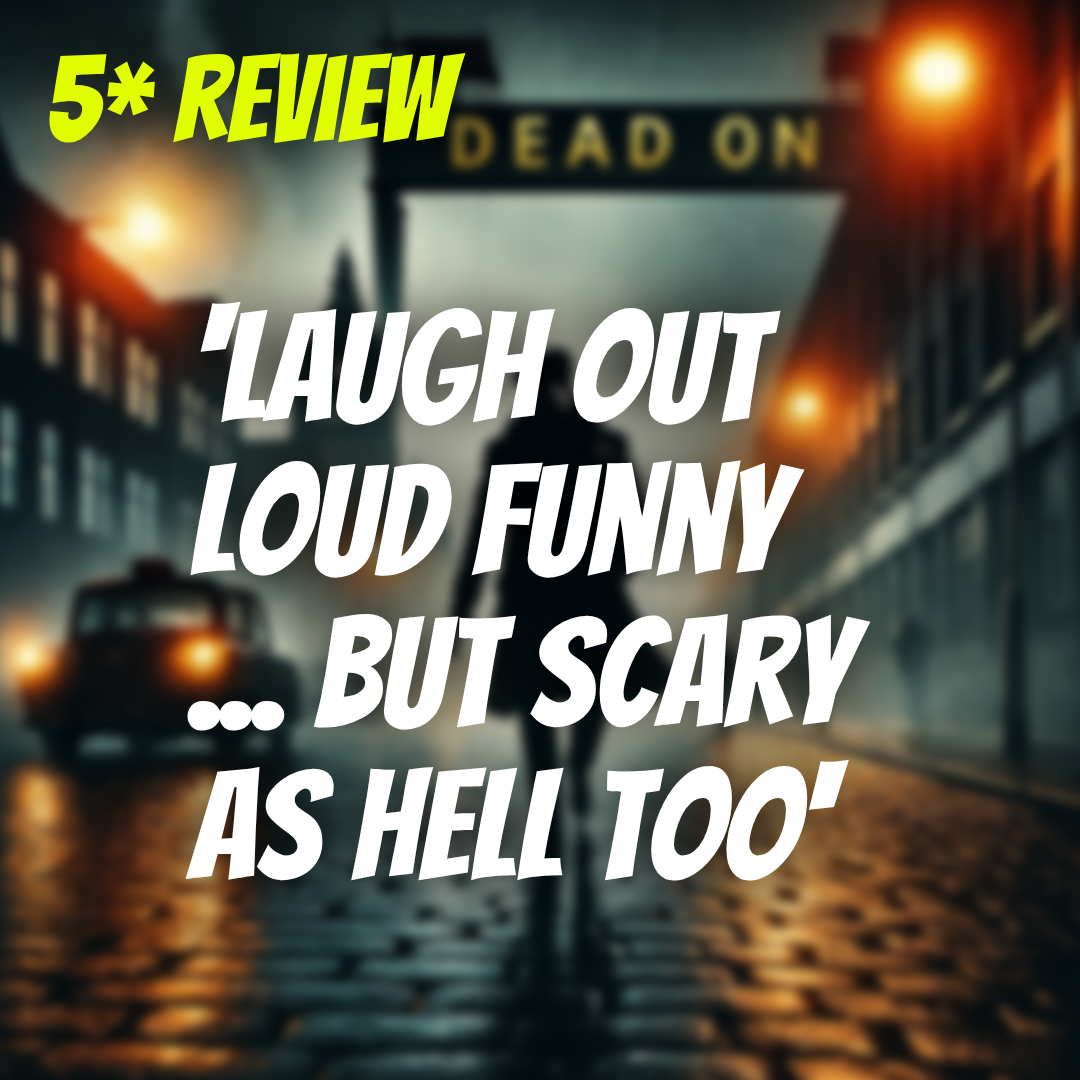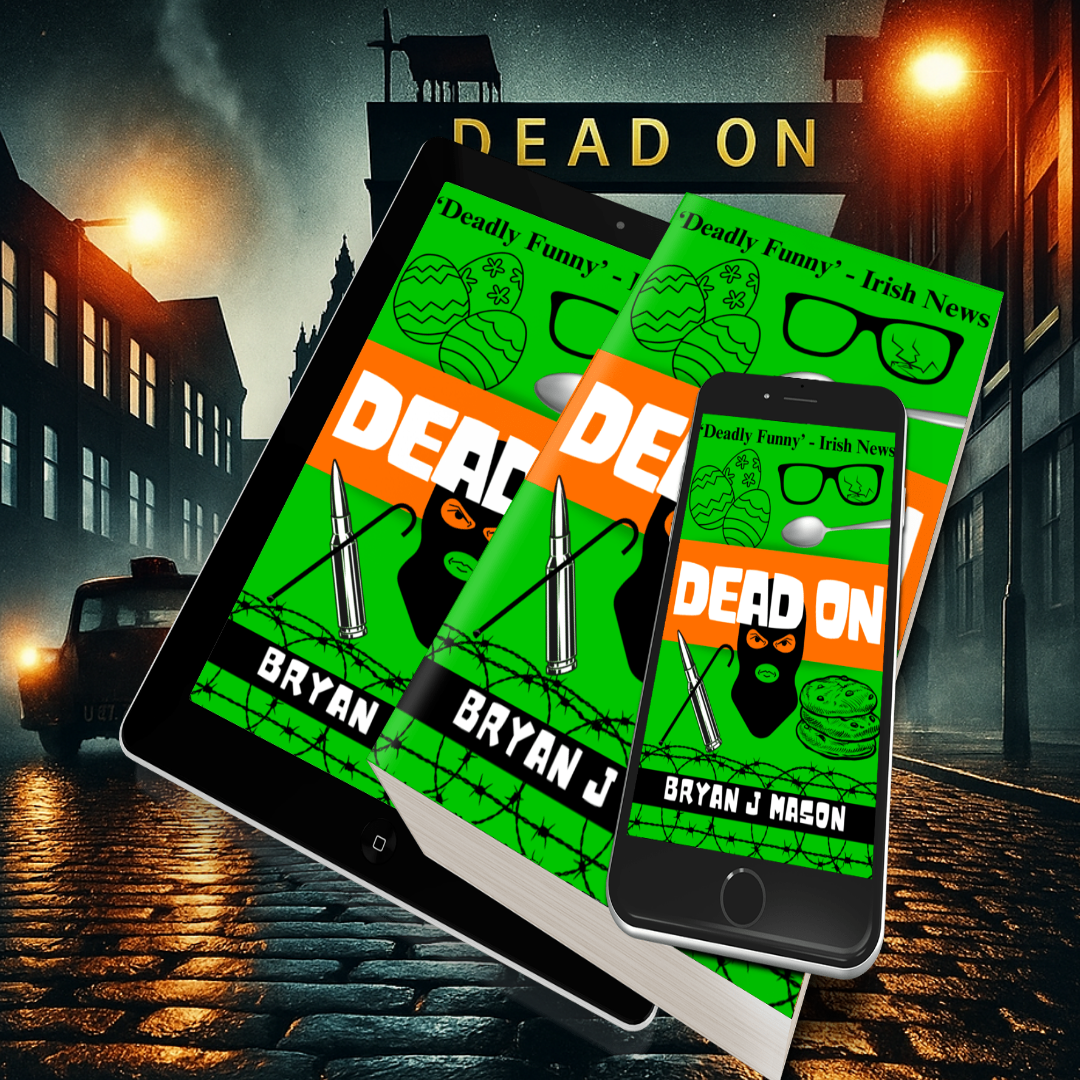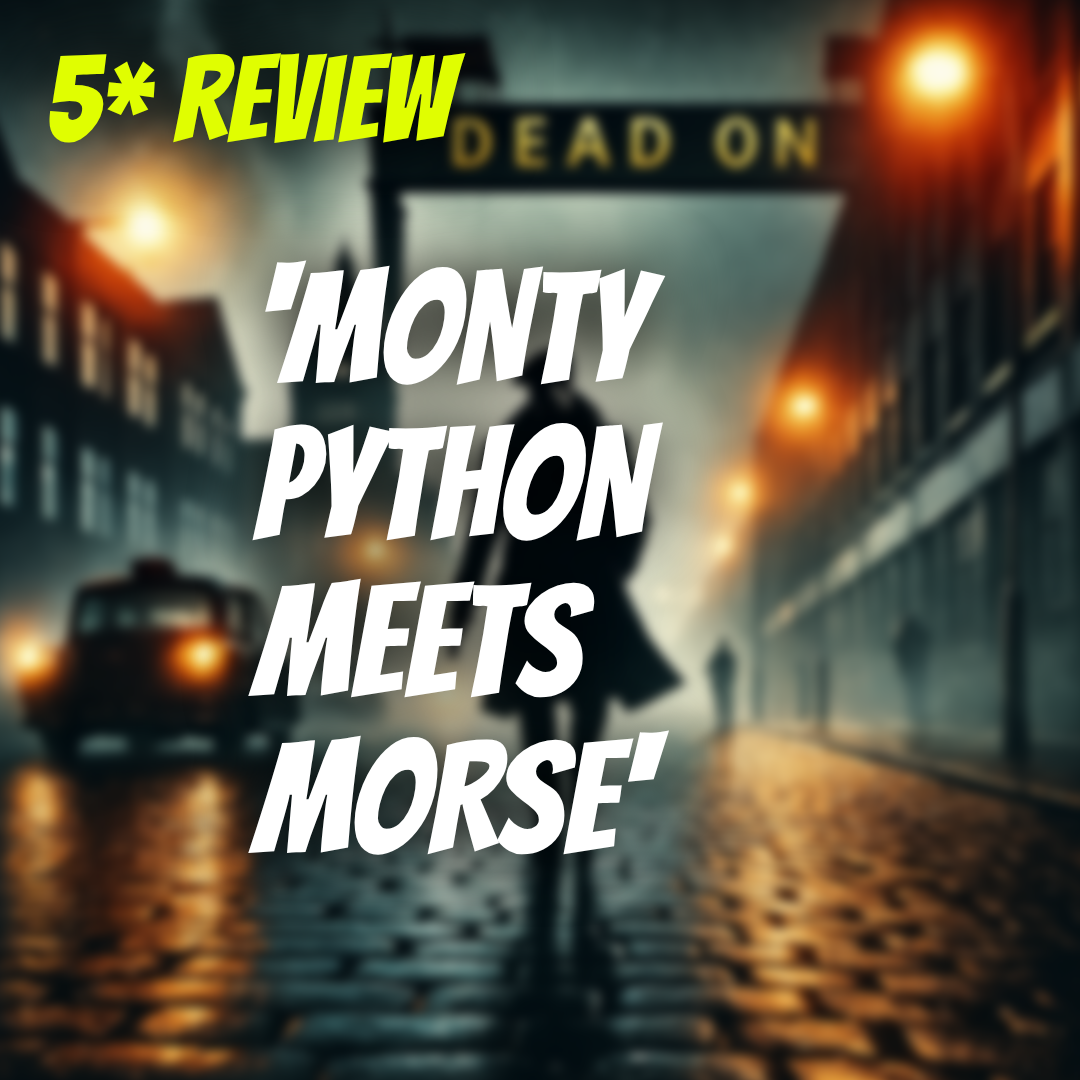The cantankerous Copenhagen detective Carl Mørck is back. Disgrace follows on from Mercy and is the second in Adler-Olsen’s Department Q series which sees Mørck and his civilian assistant Assad investigating cold cases from the basement of the police HQ in Denmark’s capital. Riding high on his success after rescuing a kidnapped female politician in the first book, Mørck is given an additional team member and must also entertain a Norwegian police delegation.
This time, the brutal murder of a brother and sister in their family’s summer home is the file that somehow comes to the top of his pile. A man has been convicted of the crime, however the rest of the gang of rich, private school teenagers involved walked free. The murder took place in the late 80s, but today Ditlev Pram owns a chain of up market plastic surgery clinics, Ulrik Dybbøl Jensen has increased his fortune on the stock exchange, and Florin Torsten is a leading fashion designer. Ringleader Kristian Wolf is dead, and Kimmie Lassen, the only girl in the group, has dropped out of society and is living on the street.
The story is told from several perspectives, beginning with Kimmie’s strange existence as a bag lady who shelters in a shed by the railway line. She’s being hunted by Pram, Jensen and Torsten, who’ve sent a private detective after her. Meanwhile, Mørck, Assad and their new companion Rose become increasingly convinced that the murders need to be looked into further. The former boyfriend of the murdered girl has obsessed about the case for years and connected it to other ones around Denmark. Mørck and his team work from this theory.
We also occasionally view things from the point of view of Pram, Jensen and Torsten. They’re growing paranoid that their past crimes will be revealed, resulting in the disgrace hinted at in the book’s title. So they must get to the unstable Kimmie before Carl Mørck does. The cruel acts she was involved in, but also the gang’s equally shocking treatment of her, have left Kimmie seriously disturbed. Just as they are on a mission to eliminate her, she is hearing voices telling her to take them down. Mørck and Assad are closing in too, but the old school ties reach right into police HQ and they can’t get the better of the rich men. Nor can they locate Kimmie.
It’s an exciting book, very violent, but entertaining too. Mørck’s personal dilemmas continue from Mercy into Disgrace. His paralysed former partner Hardy is asking to be euthanised. And Mørck is desperate to get together with the police psychotherapist Mona Ibsen. Much of the time he’s thoroughly rude and objectionable just as in the first book, though. The new member of his team Rose buys pastries on her first day and is rewarded by having smoke blown in her face. However his cynical attitude and irreverent approach also make him a compelling detective. Once he gets going after the privileged culprits in this tale, you can’t help but root for him.
It does feel when you read Disgrace that Mørck’s attitude to the rich and powerful may be an extension of the author’s own. No well-off character in the book has any redeeming features and the gang’s extreme immorality and cruelty becomes a little hard to believe at times. The structure suffers a little as well when suddenly, for a long period in the second half of the book, we don’t see or hear from the three bad guys at all. The flippantly written passages from Carl Mørck’s perspective are juxtaposed with the sickening recollections of Kimmie Lassen. The changing of tone diminishes the atmosphere somewhat.
It’s a little simplistic to think that Pram, Jensen and Torsten are so cold and methodical in their cruelty – to people and animals – because they were unloved as children. But there is the sense they’re formidable adversaries who must be brought to justice. All along you’ll want Carl and Assad to find the evidence, corner them and slap on the cuffs, without getting themselves killed. Whether that actually happens in this tense story, you’ll have to wait and see. Disgrace is not quite as glorious as Mercy, but it is a gripping read – just what you need if you love dark, violent and disturbing Nordic Noir.
Penguin
Print/Kindle/iBook
£3.99
CFL Rating: 4 Stars









